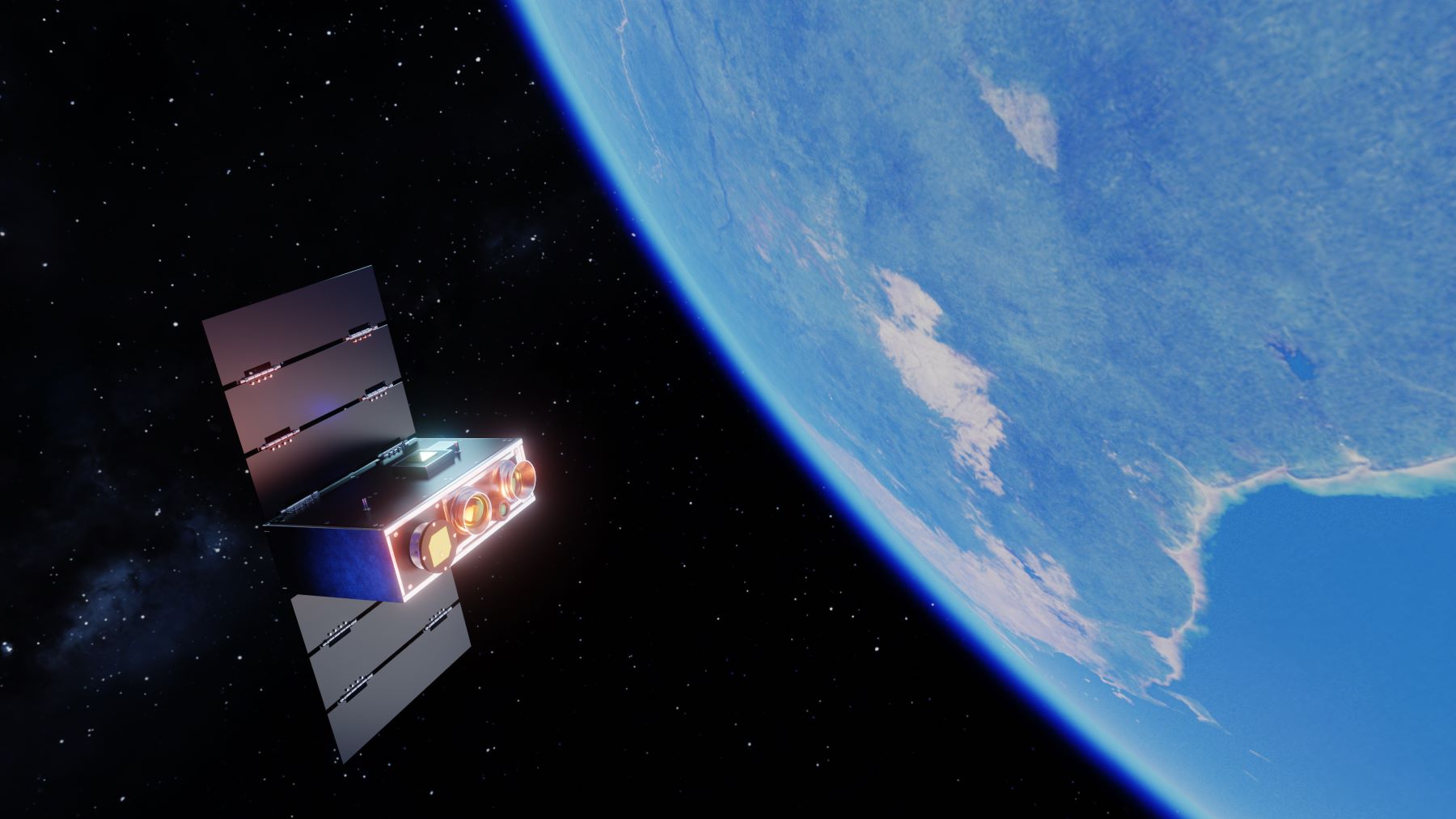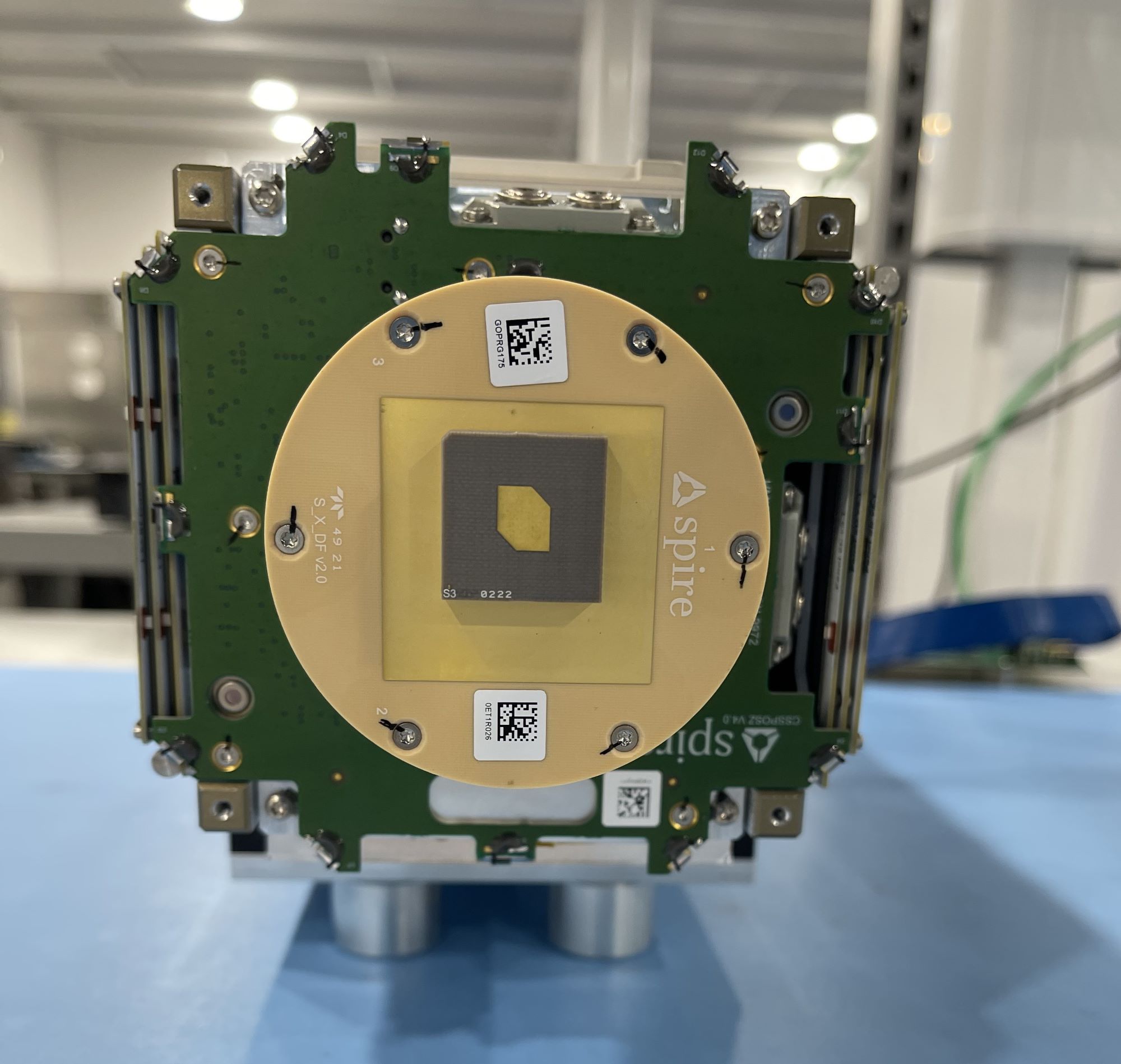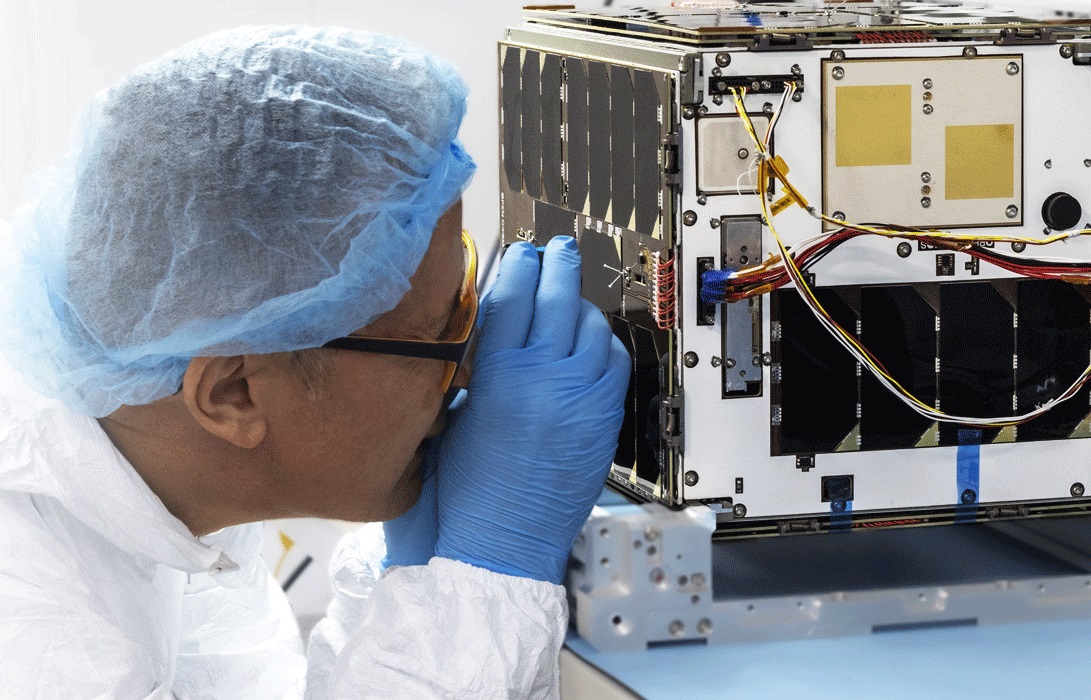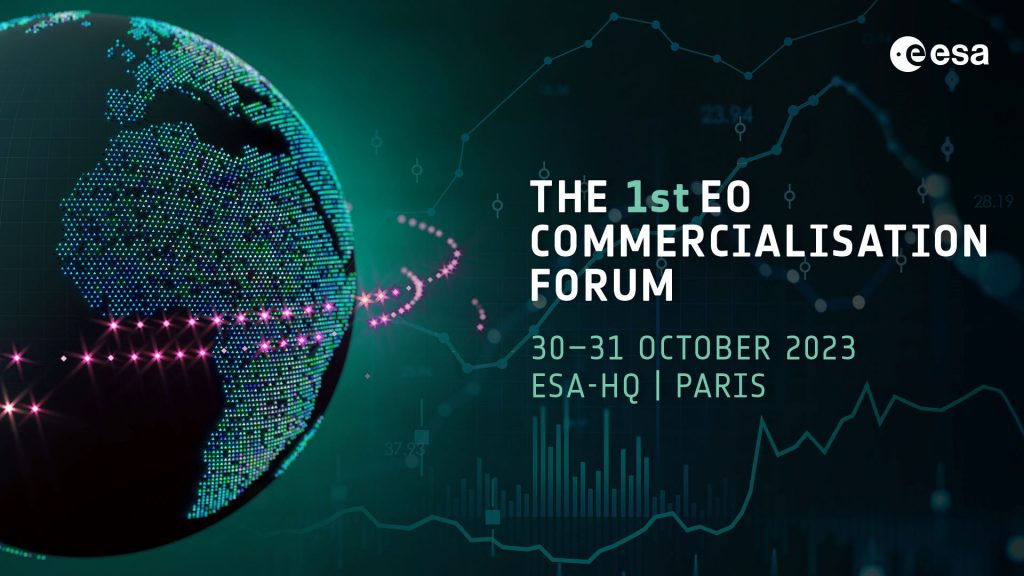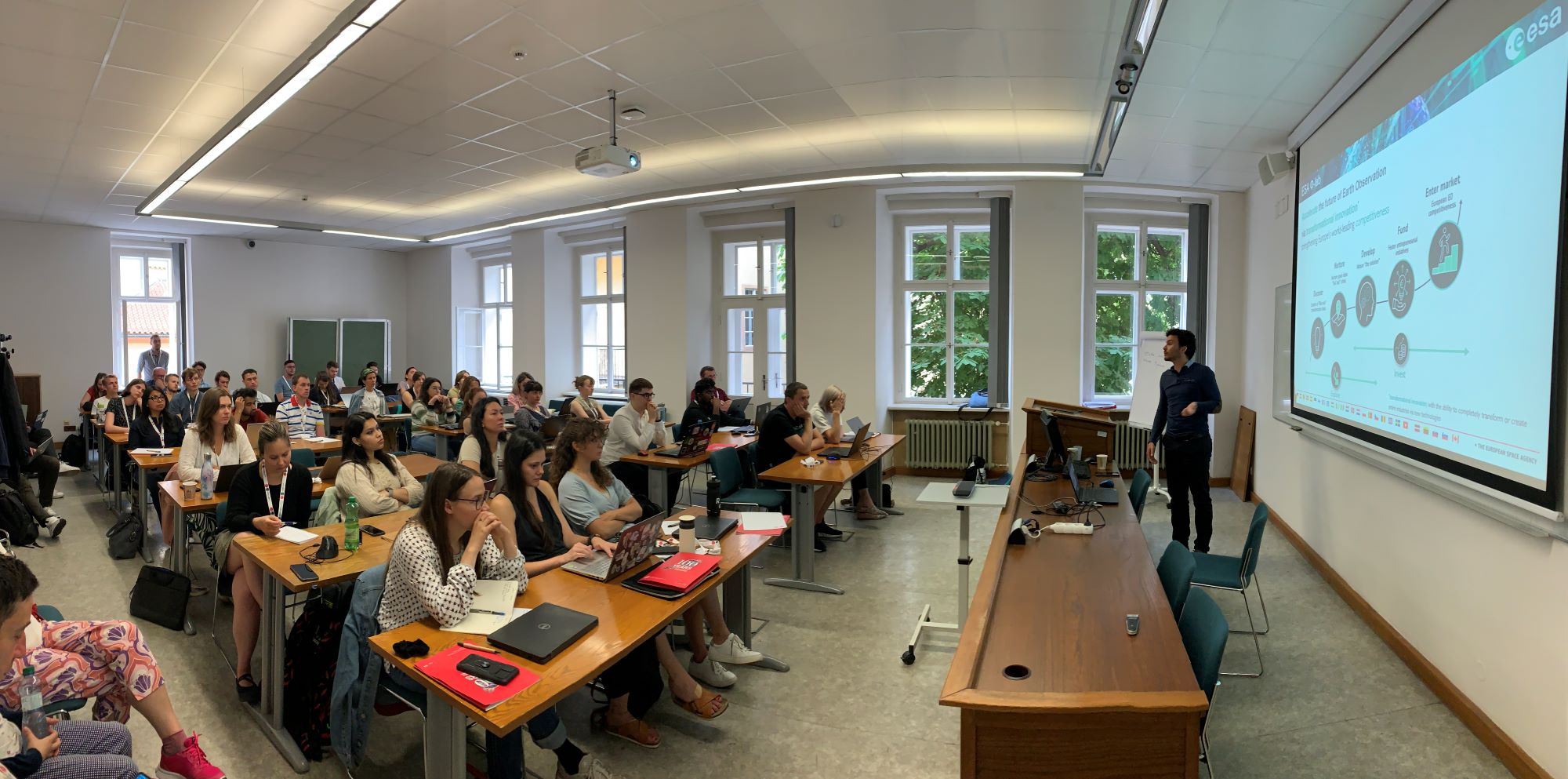As part of its extensive efforts to nurture innovation in Earth observation technologies and applications, ESA Φ-lab is providing its supported companies with preferential rates agreed with two leading cloud-service suppliers in collaboration with the ESA Commercialisation, Industry and Competitiveness Directorate. Scaleway will provide start-ups with a cloud storage and business services package, while Ellipsis Drive is offering deals on its cloud spatial-data management platform.
ESA Φ-lab is a major driving force behind innovation and commercialisation in European Earth observation, lending support to businesses of all shapes and sizes through the ESA InCubed programme and various research initiatives. Help comes not only in the form of funding and technical and commercial support, but also in the creation of purpose-driven partnerships that deliver essential business and commercialisation services. Two such arrangements, drawn up in collaboration with the ESA Partnership Initiative for Commercialisation (EPIC), have now been agreed with premier cloud-service providers Scaleway and Ellipsis Drive.
French company Scaleway supplies cloud infrastructure and services to over 25 000 customers, including more than 700 European start-ups. CEO Damien Lucas explains the nature of Scaleway’s offer within the ESA partnership agreement: “Qualifying businesses from ESA’s portfolio will be fast-tracked through the selection process of our Startup Programme. Upon acceptance, they will have access to a wide range of perks, including cloud credits to be spent on our public cloud products, dedicated expert advice and access to our global community.
“We’re very proud to play our part in helping European space-sector entrepreneurs establish their business systems and we look forward to working with the commercialisation teams in ESA on joint promotional activities.”
Ellipsis Drive provides a cloud-based B2B tool for ingesting, organising and accessing spatial data, with web-based visualisations and integrated use via a myriad of plug-ins, packages and applications. Based in the Netherlands, Ellipsis Drive has hosted data for over 400 customers to date and currently has around 2500 users managing and consuming spatial content from its platform.
“We see partnering with ESA as a clear win-win scenario, giving start-ups access to our spatial data management, visualisation and integration service on very favourable terms, while also enabling us to tap into a broader customer community in the space sector,” says Ellipsis Drive’s Rosalie van der Maas. “We’re offering up to 100GB of free storage for the first year, with substantial discounts for larger plans and subsequent periods.”
Further details on these offers and how to take advantage of them will be communicated to InCubed and other ESA Φ-lab-supported companies in the near future, and will also be distributed via the ESA BIC and ESA Technology Broker Network.
Michele Castorina is InCubed Programme Manager and head of the ESA Φ-lab Invest Office: “The fact that ESA creates partnerships for the benefit of European start-ups is testimony to the across-the-board helping hand that the Agency provides to the space industry. Cloud storage and spatial data hosting are especially relevant for commercial Earth observation, and I fully expect these services to be a significant asset to InCubed-co-funded businesses as they scale up their operations.”
“Having the right tools for their business infrastructure is a vital stepping stone to market success for early-stage enterprises,” added Joana Kamenova, Commercialisation Officer and lead for EPIC at ESA. “This type of collaboration helps to advance the growth of the European space ecosystem, and we will actively promote Scaleway’s and Ellipsis Drive’s offer packages to our networks.”
To know more: ESA Φ-lab, InCubed, EPIC, ESA BICs, ESA Technology Brokers, Scaleway, Ellipsis Drive
Photo courtesy of Fauxels
